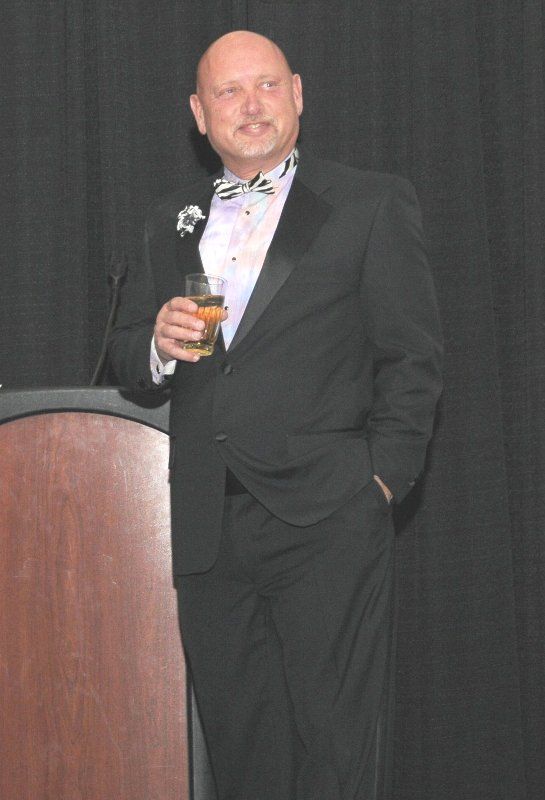
Bark’s Bytes #21 | Uncomfortable
UNCOMFORTABLE
For many years, only five percent of the clients we served were over the age of 55 whereas today that number is 21% and we project that number to grow to 34% within the next five to 10 years. We also realized a need for a distinct service option for adults with intellectual or developmental disabilities (I/DD) that were experiencing stage 1 or 2 Alzheimer’s/dementia. Early research indicates that 100% of adults with Down syndrome will eventually experience signs of Alzheimer’s/dementia and that they may experience an early onset in their mid-thirties or forties. Of the 65 clients with Down syndrome we currently serve, 18 have already been diagnosed with Alzheimer’s/dementia. Recent studies have also suggested a strong correlation between a long history of psychotropic medications – a common occurrence among older adults with I/DD – and early onset of Alzheimer’s/dementia. It also seems that clients that lived in institutions for decades are similarly at higher risk than their aging peers for early onset Alzheimer’s/dementia due to the lack of positive experiences – personal relationships, photographs, pleasant memories – that would otherwise help to slow the onset of the disease.
For the last five years, we have observed a rate of newly diagnosed cases of Alzheimer’s/dementia of approximately one to three cases per year; and, over the past year alone, the rate of new diagnoses here has tripled to one case every six weeks or eight to nine new diagnoses per year. While there are both similarities and differences on how Alzheimer’s/dementia impacts persons with I/DD and their nondisabled peer group, one fact became clear to us – the steady growth in new diagnoses demanded programming to serve the unique characteristics of this population. So, on July 30, 2012, Merrick, Inc., with support from Ramsey County Community Human Services, opened its Adult Day and Memory Care Service program in North St. Paul to serve 40 clients.

• First, I’ve known many of these clients for more than decade, some for 30 years, and to see their mental and physical health diminish is both sad and a reminder of my own fast-approaching future.
• Second, and to me most interesting, I was bothered that no one was working. Really bothered actually. In fact, everything they did had at its core an element of fun which is not found in the federal/state licensing regulations. I wondered would politicians, policymakers, and taxpayers really understand why funding this program was important.
Unfortunately, as funding is cut, I fear that this age group of citizens with I/DD will be among the first to lose services so I decided to try to develop some reasons why this type of program is so important.
1. Elderly people with I/DD, like their non-disabled peers, need and want activities that give them routines and enrich their daily lives. Otherwise, they would spend another 25 hours a week in their home with minimal support and very little social/community interactions. Would we want to stay in our homes 24/7?
2. Staying in the group home is not free as residential providers would need to schedule staff and plan for other costs. So, if these 25 hours are going to cost the taxpayer something, shouldn’t it be for life enrichment activities rather than custodial care?
3. Shouldn’t we value fun for people in the later stages of life? Isn’t fun and enjoyment something we hope for in our own retirement?
On November 13th we will be hosting an open house and ribbon cutting ceremony to celebrate the opening of this program in our new community and I feel much better prepared to share these thoughts with our guests. Nevertheless, I still have something to learn from these folks about what life enrichment and social opportunities really mean if I ever hope to enjoy my own retirement.
